Do you often feel drained and exhausted after leaving office? Do you ask yourself “Why am I so exhausted after work?” When you are overworked and burnt out, even thinking about your job can make you mentally fatigued.
Sadly in this day and age, work-related stress, anxiety, depression and exhaustion has become so common that we consider it “normal”, even though mental health issues are anything but “normal”. As a result, most working professionals tend to be deeply exhausted with their daily work routines and feel mentally fatigued after work.
And that’s why today we are going to answer the one question that can help us transform our life in a healthy and positive way – “Why am I so exhausted after work?”
We are also going to understand the signs of mental exhaustion at work so that you can be more aware and learn how to not be tired after work. Understanding the signs, causes and solutions will empower you to improve work-life balance, enhance your energy levels, and live a happier life.
Is mental fatigue after work a real thing?
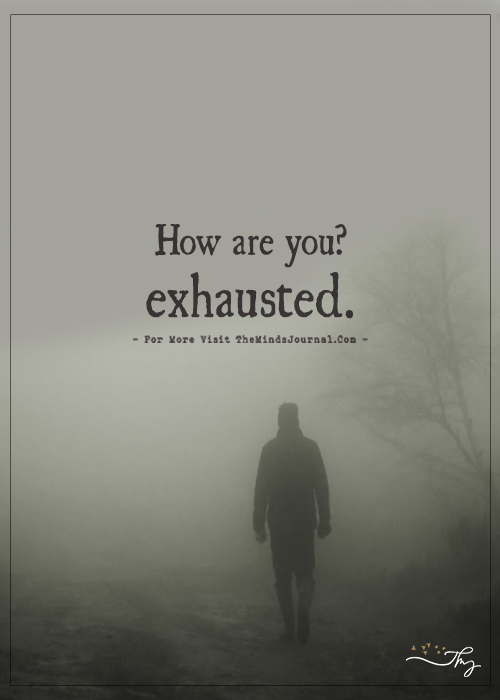
You wake up in the morning and plan your day. You take a mental note of all the tasks and projects you need to work on for the day and strategize how to get them done effectively.
Then your focus shifts to your personal life and you plan all things you want to do today after work – May be you finally start working out today or maybe you want to take your partner out on a date as it has been so long since you spend some quality time together; or maybe you just want to go home, grab some snacks and watch that latest movie on Netflix that everyone is talking about.
Related: 10 Warning Signs You’re Mentally and Emotionally Exhausted
But the moment you leave work, your mood just drops and your body feels heavy. You feel like you have no energy left for anything. You don’t feel like working out, or going on a date or watching a movie. So what you do instead is lie in the couch and doomscroll on social media.
This is what mental fatigue after work looks like. It drains all your energy and leaves you feeling like a zombie. It affects not just your personal life, but also your relationships and mental and physical health. So yes, mental fatigue after work is very real.
But why do you feel exhausted after work and what is the answer to “Why am I so exhausted after work?” Let’s find out.
Why am I so exhausted after work?
Feeling exhausted after work can be really frustrating and it can impact your overall well-being in the long run. Here are some probable and practical reasons why mental exhaustion sets in at or after work –
1. Physical Exertion
If your work is physically demanding then it is likely that you will feel exhausted after work. If your job requires manual labor or if you have to deal with frequent deadlines, then it can feel draining.
If you stand for long hours, need to do repetitive tasks, lift heavy objects or work in an environment with constant pressure to perform and deliver, then you can feel exhausted by the end of your shift.
2. Mental and Cognitive Effort
Even if your job doesn’t involve manual labor, you may still feel exhausted and ask yourself “why am I so exhausted after work?”. Jobs that demand cognitive and mental effort and involve frequent multitasking, decision-making, problem-solving, and high levels of concentration can leave you mentally fatigued.
When you constantly process new information, evaluate data and make vital decisions with little margin for error, you will be mentally exhausted. And if you keep repeating this cycle day after day, you will naturally feel tired after work.
3. Work-Related Stress
Constant stress at work can not only lead to burnout but can result in serious mental health issues. Working with strict deadlines, difficult customers or clients and toxic work relationships can understandably feel exhausting.
In high-pressure work environments, work equals stress. And when this stress becomes chronic, it drains out all your energy and willpower.
Moreover, it distorts your thought process as you continue to keep thinking about work-related issues even after you have left your office. No wonder you feel so fatigued once you reach home.
4. Lack of Work-Life Balance
Nowadays, with our current lifestyle, work-life balance seems like a myth as work takes priority over our personal lives and even our relationships.
As we invest most of our time and energy on our work, we have very little left to build or maintain healthy relationships, take care of our health, practice self-care, pursue hobbies and find time to relax.
As you don’t have enough time to rest, relax and recharge, you feel exhausted by the end of the day. Moreover, as you are unable to spend quality time with your loved ones, or do things that you enjoy, you feel overwhelmed and burnt out.
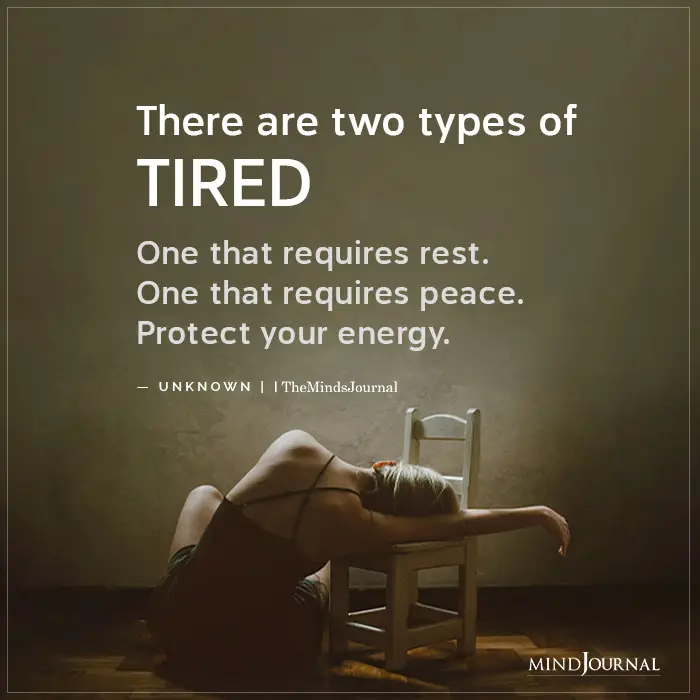
5. Emotional Exhaustion
Certain jobs can result in severe emotional exhaustion due to their nature of profession, such as caregiving or customer service. Working with others constantly and dealing with conflicts, while managing their emotions and suppressing yours will surely sap your emotional resources.
Moreover, high-stress work environments can also make you feel tired and emotionally drained after work.
6. Lack of Physical Activity
If you lead a sedentary lifestyle and have very little physical activity, then it is likely you ask yourself “Why am I so exhausted after work?” each night. When you sit in front of a computer all day and barely move your body during the day, you will have lower energy levels.
Studies have found that physical activity and exercise help to increase your energy levels and boost vitality. “Physical activity is a healthful behaviour that has promise for combating feelings of fatigue and low energy,” explain researchers.
If you are physically inactive, your body’s natural system may slow down and make you feel fatigued.
Related: 13 Tips To Motivate Yourself To Exercise After Work
7. Demands of Modern Work Life
We are all aware that our work life is extremely strenuous and demanding. Most of us work long hours with high expectations, heavy workloads and minimum reward and recognition. Moreover, thanks to our smartphones we are constantly connected to work and our coworkers.
This takes a toll on our physical and mental health and directly contributes to making us feel exhausted after work.
8. Monotonous or Repetitive Tasks
For most of us, our daily work routines and tasks are extremely monotonous and repetitive, and when you keep doing the same thing over and over again, day after day, you become easily bored.
When you are asked to invest more time and effort on the same, repetitive tasks, it starts to feel unfulfilling, monotonous and mentally exhausting. This fatigue is also triggered by a lack of novelty and having no or little sense of accomplishment.
So there you have it! These are some probable reasons why you keep asking yourself “Why am I so exhausted after work?”. But understanding the reasons is not enough, you must also be able to identify the signs of mental exhaustion at work so that you can learn how to not be tired after work.
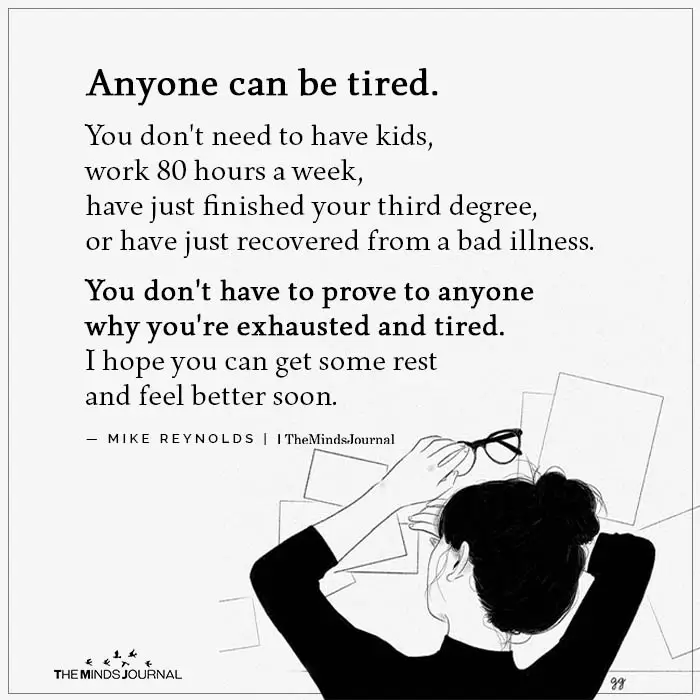
Signs of Mental Exhaustion at Work
Recognizing the signs of mental exhaustion is crucial to addressing the issue effectively. Signs of mental exhaustion at work can manifest in different ways in different individuals. Still, here are some common signs to look out for:
- Chronic fatigue
- Lack of energy
- Decreased motivation
- Impaired cognitive functions such as memory issues, forgetfulness and reduced problem-solving abilities
- Difficulty concentrating
- Loss of passion and motivation for your job
- Irritability and frustration
- Intense emotions or mood swings
- Reduced productivity
- Heightened stress and anxiety levels
- Difficulty controlling emotions and reactions
- Decreased sense of enjoyment and engagement in work
- Headaches, muscle tension, stomachaches, or increased susceptibility to illnesses
- A general sense of apathy towards work
- Withdrawing from social interactions at work
- A general sense of dissatisfaction with work
- Negative thoughts & emotions about work
- Difficulty falling asleep or insomnia
If you recognize any of these above signs of mental exhaustion in yourself, it’s crucial to seek professional help and prioritize self-care. Focus on practicing stress relieving and relaxation strategies and build a healthier work-life balance.
It is important that you take steps to address mental exhaustion to avoid burnout and improve your overall well-being.
Related: The 7 Types of Rest You Need
How to Not be Tired After Work
Feeling tired and exhausted after work is a pretty common experience. But it doesn’t mean it has to be “normal”.
Here are a few simple strategies that will enable you to make conscious lifestyle choices so that you can avoid feeling exhausted after work and enjoy your personal time with energy and vitality –
1. Give Priority to Self-Care
Do things and engage in activities outside of work that will be relaxing and energize you. For instance, self-care activities like taking a warm bath, reading, or being outdoors can feel rejuvenating.
So, start prioritizing activities that will recharge you and lift your emotions and mood.
2. Set Work-Life Boundaries
Keep your work separate from your personal life by setting boundaries. Don’t check mails or do anything related to your job while you are at home.
Rather, keep designated places and time for your own personal activities and ensure that you have enough free time for relaxation and rest.
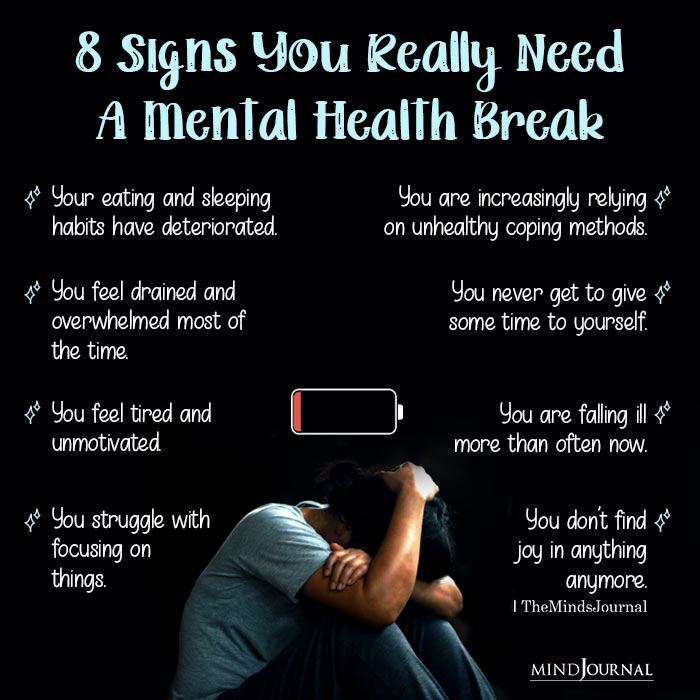
3. Manage Stress
Learn and use stress management strategies and anxiety reduction approaches such as deep breathing exercises, meditation or pursuing your hobbies.
To help get rid of stress, try healthy outlets such as going for a walk outside, going to the gym or practicing mindfulness.
4. Take Mindful Breaks
Incorporate short intermittent breaks throughout the day for your relaxation and refreshment. You can do some deep breathing exercises, take a stroll or just close your eyes and relax for a few seconds.
These mindful breaks will help you recuperate from mental fatigue and fight off exhaustion. Then you can stop asking “Why am I so exhausted after work?”
5. Time Management
Manage your time effectively by prioritizing tasks, setting realistic goals & breaking major tasks into smaller, manageable portions. Well-utilized time can help you avoid feeling overwhelmed and prevent mental tiredness.
6. Delegate and Get Help
Recognizing when you are overwhelmed, asking others for support and delegating tasks and responsibilities is important. Teamwork is fostered when you delegate workload to other people, helping you ease your burden.
7. Focus on Sleep Hygiene
Set a schedule for sleep that is consistent and regularly followed and build a sleep-friendly environment. Avoid using electronic devices before going to bed and make sure that there is a relaxing & calming bedtime routine to help your mind and body wind down.
Make sure to prioritize getting enough sleep for proper rest and rejuvenation.
8. Exercise Regularly
Make physical activity part of your routine every day. Find physically engaging activities that you like most, such as running or swimming, which could be easily included into your daily schedule effectively.
Exercise can increase energy levels, enhance the quality of your sleep, and decrease stress levels.
9. Eat a Balanced Diet
When you eat food, focus on having well-balanced meals consisting of whole foods, lean proteins, fruits and vegetables as well as healthy fats. Minimize sugar intake and avoid processed foods since they cause energy crashes.
Drink enough water frequently to remain hydrated throughout the day.
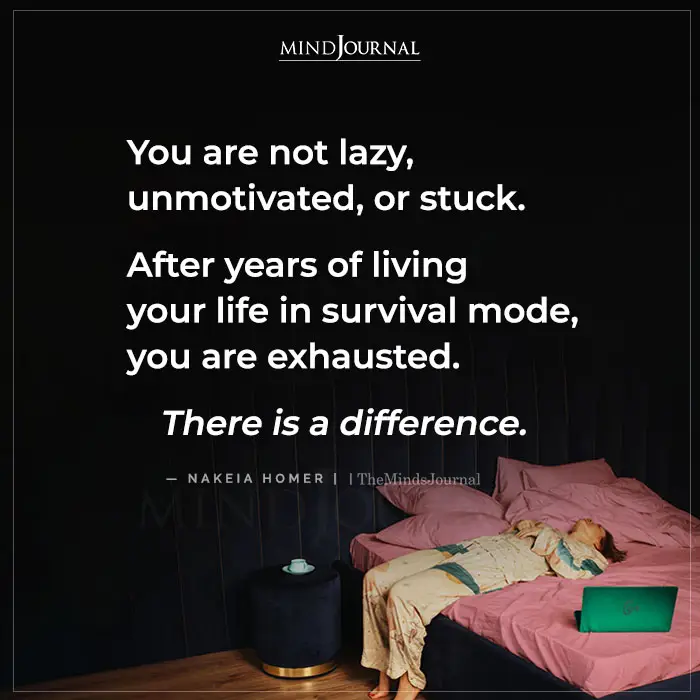
10. Seek Help
If after changing your lifestyle you still feel tired after work, seek support from a healthcare professional or therapist.
A professional could help evaluate your situation and provide useful advice and guidance, and identify possible underlying medical or psychological reasons for fatigue.
Related: How To Wake Up Refreshed And Rested: 5 Tips That Actually Work
Takeaway
Why am I so exhausted after work? Well, now that you know the causes and signs of mental exhaustion at work, make sure to smartly implement these strategies on how to not be tired after work to build a healthier and happier personal life for yourself and your loved ones.
Maintaining a healthy work-life balance and managing stress are crucial steps in the process. Always prioritize self-care and your mental, emotional and physical well-being.
You deserve to have a better and happier life.
Frequently Asked Questions (FAQs):
Is it normal to be exhausted after work?
Yes, it is normal to feel tired and exhausted after work. But, persistent, excessive fatigue can indicate an imbalance or underlying health issue.
What are the red flags for fatigue?
Red flags for exhaustion and fatigue include constant tiredness, trouble concentrating, irritability & disrupted sleep patterns.
What is the cause of constant fatigue?
Persistent fatigue can be caused by various factors, such as inadequate sleep, stress, medical conditions, or lifestyle factors affecting energy levels.
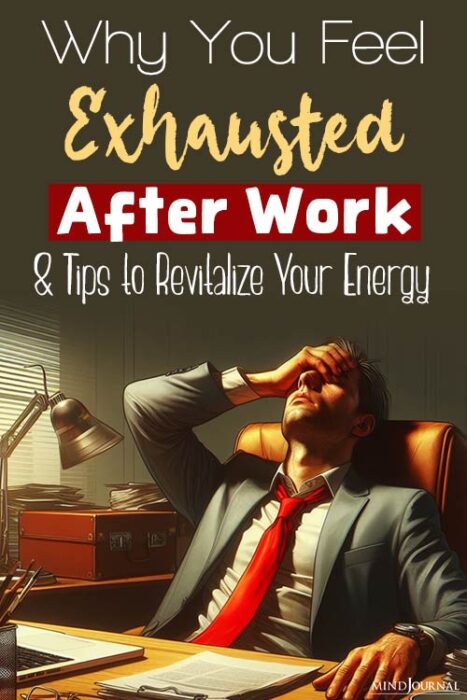
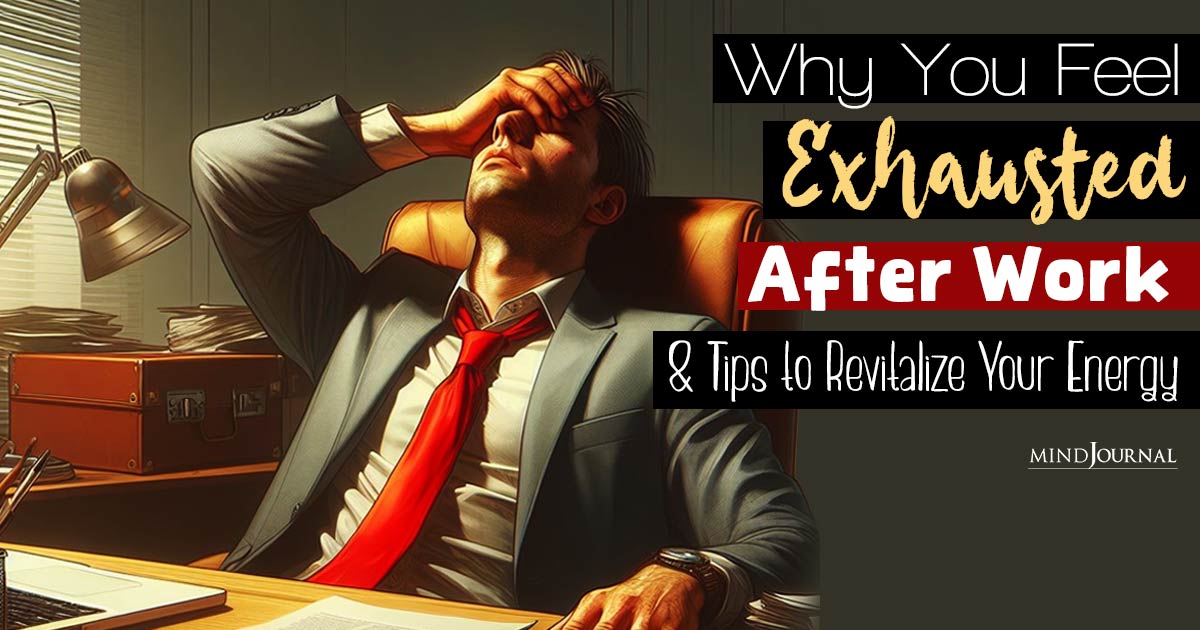
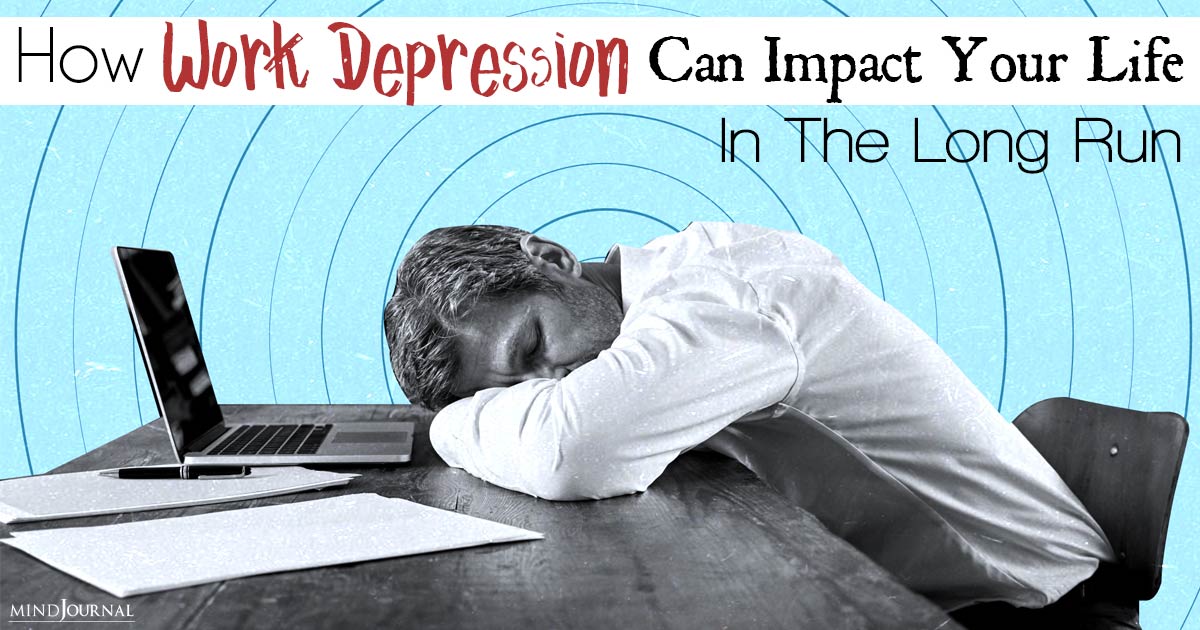
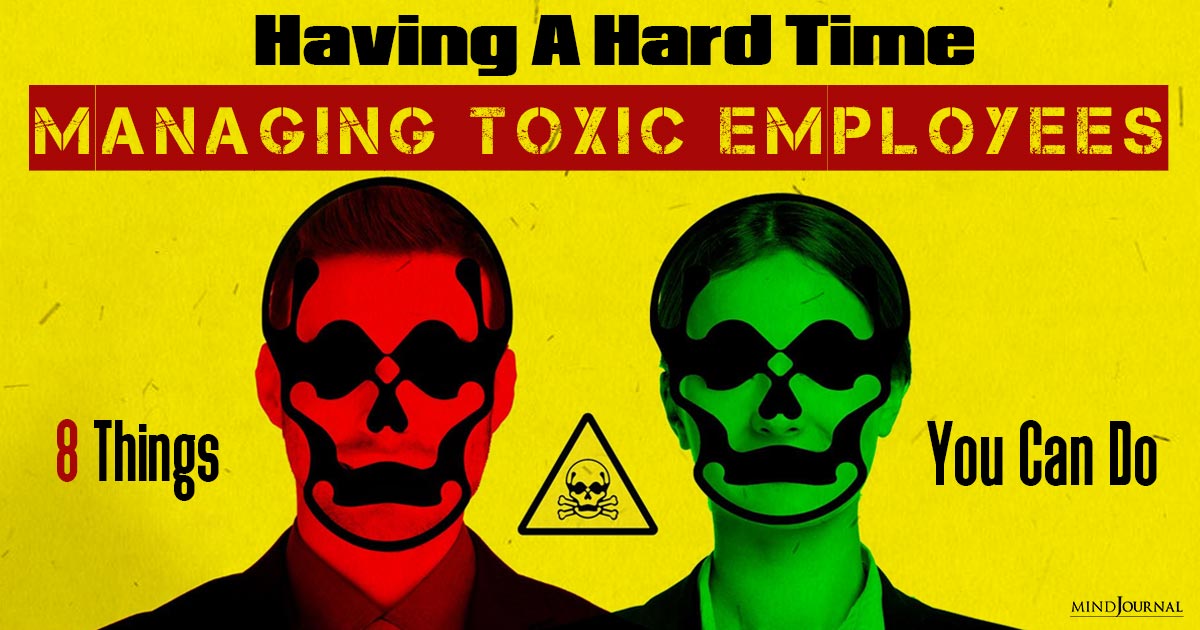

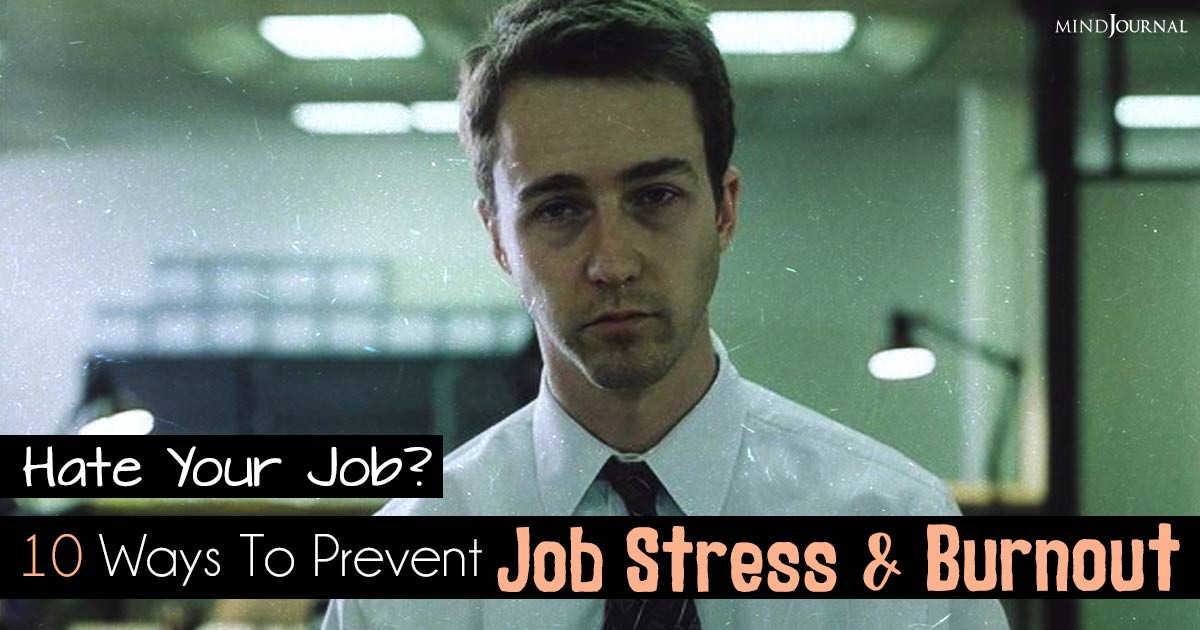


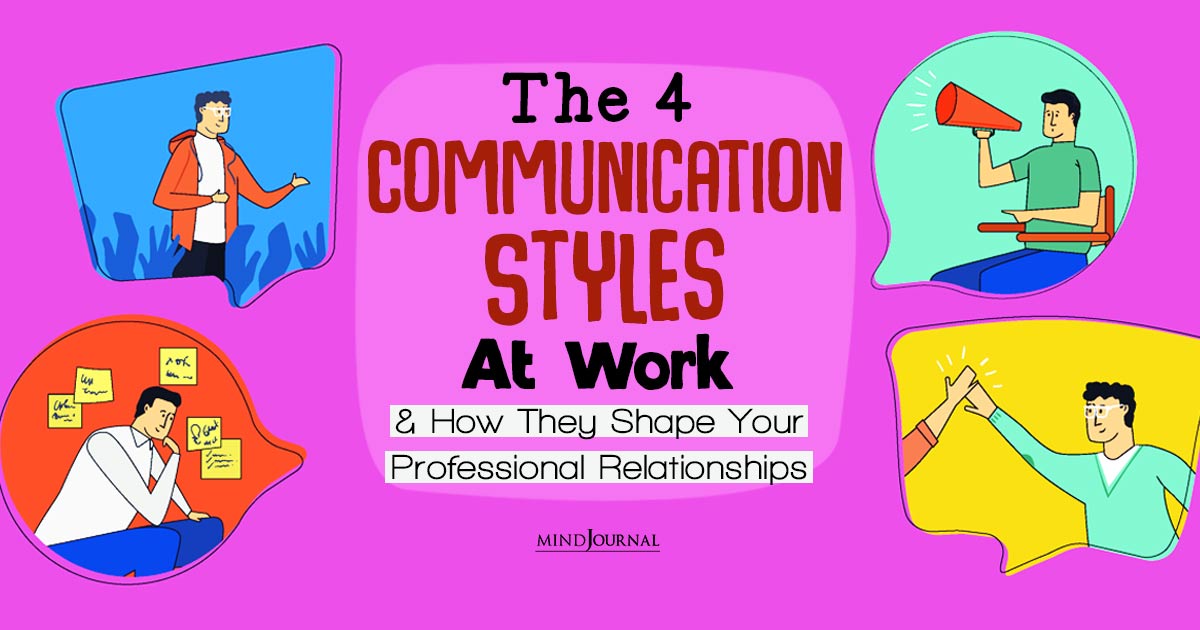
Leave a Reply
You must be logged in to post a comment.